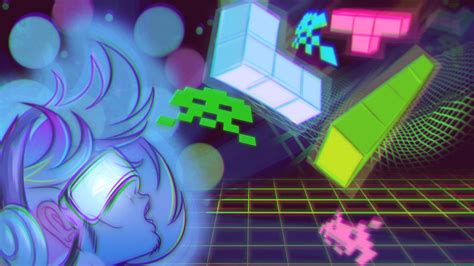Book Review – William Gibson – Pattern Recognition
“He took a duck to the face at 250 knots.”
Woah. If you want to learn to write well, read King. If you
want to feel like you’ll never, ever be good enough, Read Gibson. Pattern
Recognition, his eighth novel, is in every way a spectacular achievement.
Gibson has slowly morphed from writing about the future to
writing about the present. In fact, reading this 2003 novel in 2021 makes it
feel somewhat quaint. There’s still a techy feel to the proceedings (steganography,
online tracking, message board subversion), but it’s firmly set in the realm of
the now. There’s no futurism to speak of, just an attempt to deal with the
bleak present.
It follows the life of one Cayce Pollard. In a tiny nod to Neuromancer, although her name is pronounced “Casey” ala Edward, she prefers to go by the pronunciation “Case.” And here the comparisons end. Gibson is a virtuoso writer, and I feel that Pattern Recognition more firmly cements that fact more than any of his other work. While Neuromancer was exciting and full of far-reaching ideas, those ideas slightly outpaced the writing, I’ve always felt. Not quite to the degree of Philip. K. Dick’s work, but I have always had a problem with him naming so many of the characters so similarly. Cage, Case, Cath, Wage. A minor sticking point, to be sure.
This novel is a
marvel of complexity, while never being confusing. It’s an expertly woven
series of mysteries within mysteries. Before the book is even half completed,
you will be aching to know what lies ahead. And each thread is resolved by the
end, in a satisfying conclusion that keeps you guessing until the last pages. It
even has a somber but still happy ending, which gives a spot of optimism
despite our gloomy collective future.
While feeling like a bit of a throwback when read in the
present age, it also has sweet bits of nostalgia. The Time-Sinclair ZX-81
computer makes an appearance. There’s even a bit about Stephen King’s Wang. It
was written shortly after 9/11, and incorporates that bit of history into the
text in an entirely natural fashion.
I won’t delve into
the plot itself, because I could scarcely do it justice. It has all the
elements of a great Gibson work: paranoia, feelings of unreality, a talented but
flawed protagonist. The only box left unticked is that there is no drug addict
in this one, which I had started to feel was one of his trademarks of character
development. I think it also does a great
job of making me care about the lead character. Above I said that this one can
scarcely be compared to Neuromancer, but that’s not fully the case.
There is actually an element of “Ghosts in the Machine” here, but presented in
an organic form, removed from the world of AI and Constructs.
In fact checking myself for this review, I have discovered
that this novel came before Zero History, which I have also read, and I have to
say I enjoyed this one more. But I had no idea they were part of an informal trilogy.
That book doesn’t quite stick in my head like this one does, although I did
recognize the similarities. What I didn’t recall was that they share a
character. Unfortunately, it’s not Cayce.
As testimony to Gibson’s brilliance, I’ll leave you with
this paragraph, which is a bit of a spoof of online pretension, while at the
same time exhibiting a stunning breadth of knowledge. It’s a message board
posting from one of the minor but important characters.
“Really it is entirely about story, though not in any sense
that any of you seem familiar with. Do you know nothing of narratology? Where
is Derridean "play" and excessiveness? Foucauldian limit-attitude?
Lyotardian language-games? Lacanian Imaginaries? Where is the commitment to praxis, positioning Jamesonian











Comments
Post a Comment